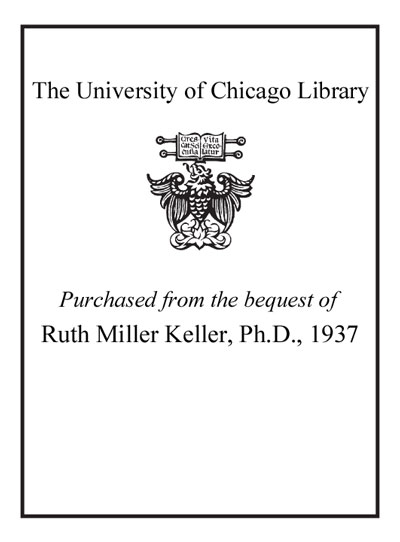Review by Choice Review
Smell finally receives respect among the "lower" senses. Fragrant odors and foul stenches attracted and assaulted noses in the less hygienic, less deodorized social and commercial environments of Athens and Alexandria and the squalid tenements of Rome and Pompeii. Medical aromatherapies, religious rituals, and literary practice vis-à-vis elusive aromas produced pleased perceptions, scientific explanations, and disgusted reactions. Modern cultural researchers examine ancient production (natural and artificial) and sniffing responses. Bradley (ancient history, Univ. of Nottingham, UK) assembled 12 scholars who survey stink and savor in Greek, Roman, Hebrew, and Christian sensoriums. They dig up the archaeology of Roman group latrines and statues' damaged noses (both illustrated) and the exploitation of divine aromas (perfumes of and for the gods). Chapters address philosophers' theories of olfaction, comic poets' laughs from nasty stinks--especially sexual--and satirical Roman dining texts describing more bad than good concoctions. In one contrarian essay, Neville Morley contends that because people quickly habituate themselves to persistent foul smells, ancient noses complained less about urban odors. Another essay addresses the imperial facial protuberance that pagan mobs and Christian iconoclasts chopped off. This collection's attention to "smellscapes" is more provocative than comprehensive, but the collection counterbalances previous scholarship's regrettable if understandable video centrism. Required reading as an introduction to the cultures of antiquity. Summing Up: Essential. Upper-division undergraduates through faculty. --Donald Lateiner, emeritus, Ohio Wesleyan University
Copyright American Library Association, used with permission.
Review by Choice Review

